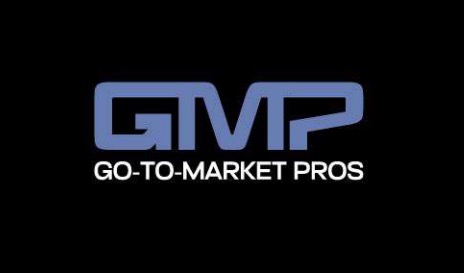Lead generation refers to the process of identifying and cultivating potential customers for a business. Here are some best practices for lead generation:
- Define your target audience: Clearly define the characteristics and demographics of your ideal customer to focus your lead generation efforts.
- Create valuable content: Use content such as blog posts, e-books, webinars, and whitepapers to educate and engage potential customers and attract them to your website.
- Use landing pages and forms: Use landing pages and forms to capture contact information from potential customers who express interest in your product or service.
- Optimize for search engines: Use search engine optimization (SEO) techniques to increase the visibility of your website and attract potential customers through organic search.
- Use social media: Use social media platforms such as LinkedIn and Twitter to connect with potential customers and drive them to your website.
- Invest in paid advertising: Use paid advertising such as Google AdWords and Facebook ads to reach a wider audience and generate leads.
- Leverage email marketing: Use email marketing to nurture leads and keep them engaged with your company.
- Use lead magnets: Offer something of value such as a free trial or consultation in exchange for contact information from potential customers.
- Measure and analyze your results: Use analytics tools to track the effectiveness of your lead generation efforts and make data-driven adjustments as needed.
- Align with sales: Coordinate with sales team to ensure leads are properly qualified and handed over to them.
- Automate your process: Use marketing automation software to manage and automate repetitive tasks and improve the efficiency of your lead generation process.
